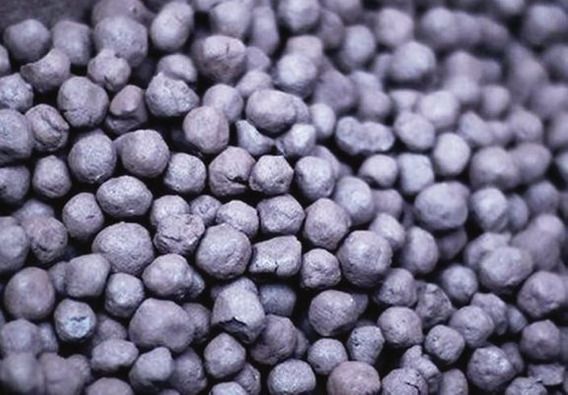For Mexico‘s iron ore exports, the Ministry of Economy coordinates with the General Mining Coordination; in this case, non-automatic export licenses are granted for a maximum volume of 300,000 tons.
According to federal government data, from January to November 2022, iron ore mineral exports were US$85 million.
And according to Inegi, Mexican iron ore production in all of 2021 stood at 9.12 million tons, a decrease of 2.8% with respect to 2020.
The main iron ore producer was the state of Michoacán with 32.8%, followed by Colima with 27.2% and Coahuila with 18.8 percent.
Minera del Norte reported that it resumed the development of its «Artemisa» project at its «Hercules» mine in Coahuila, to increase the generation of iron ore concentrates to be sent to AHMSA’s pelletizing plants.
Iron Ore
Information from the Mexican Mining Chamber (Camimex) indicates that Australia and Brazil are the two countries with the largest iron ore reserves in the world, with 25,000 and 15,000 million tons (iron content), respectively.
China accounts for 8% of the world’s reserves, which are estimated at 6.9 billion tons.
In total, it is estimated that there are 85 billion tons of iron content in the world.
According to the USGS (Mineral Commodity Summaries), world iron ore production totaled 1.6 million tons by iron content which was an increase of 5% over 2020 production.
Australia continues to be the world’s leading producer with a 35% market share, followed by Brazil and China with 15% and 14%, respectively.
On the other hand, iron ore quotations in China strengthened consistently during the first half of 2021 thanks to robust demand from the steel sector in China and the rest of the world, reaching their highest level in the month of May.
Notably, the reasons that supported this rise are also linked to lower iron ore production in Brazil since 2019, with iron ore inventories in Chinese ports declining, generating, as a result, additional demand.
In contrast, iron ore prices in China began a contraction in the second half of the year due to lower steel production in the face of energy and environmental restrictions on Chinese steel mills.
![]()

